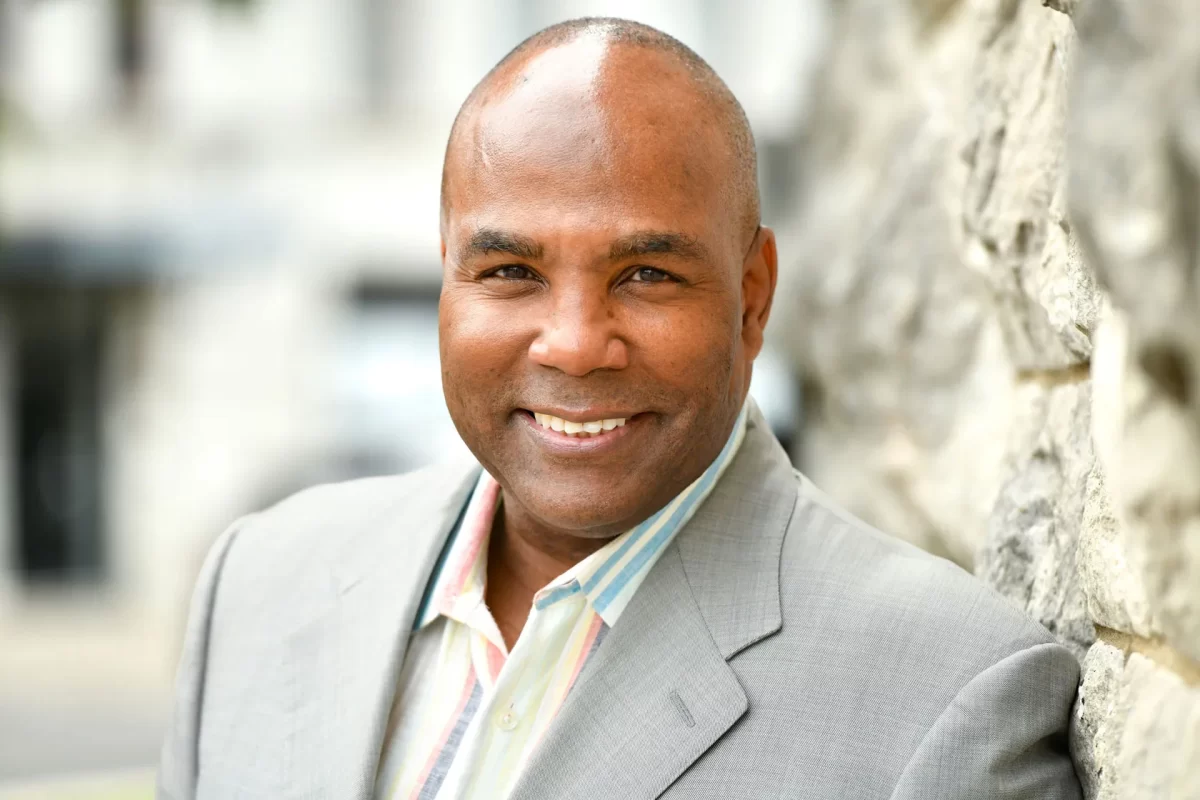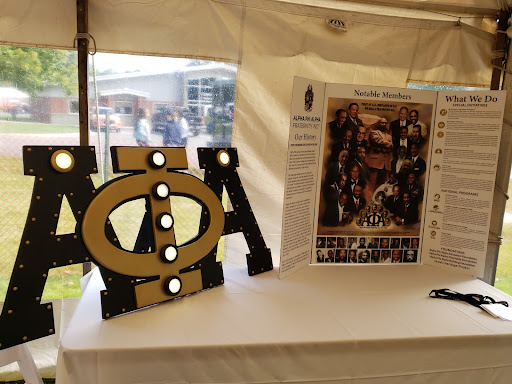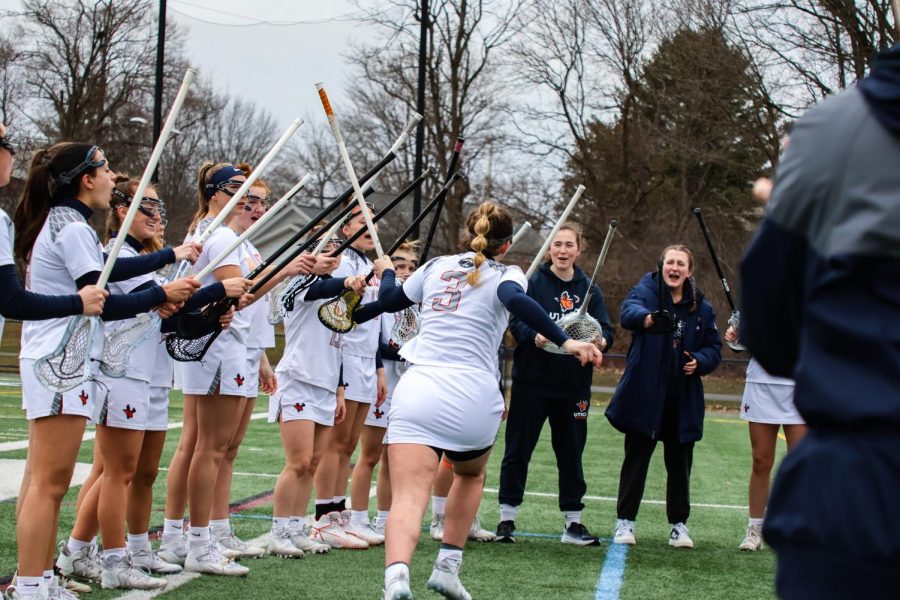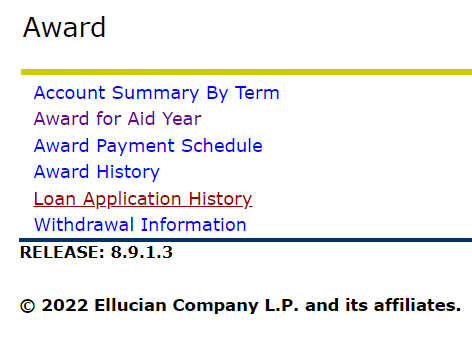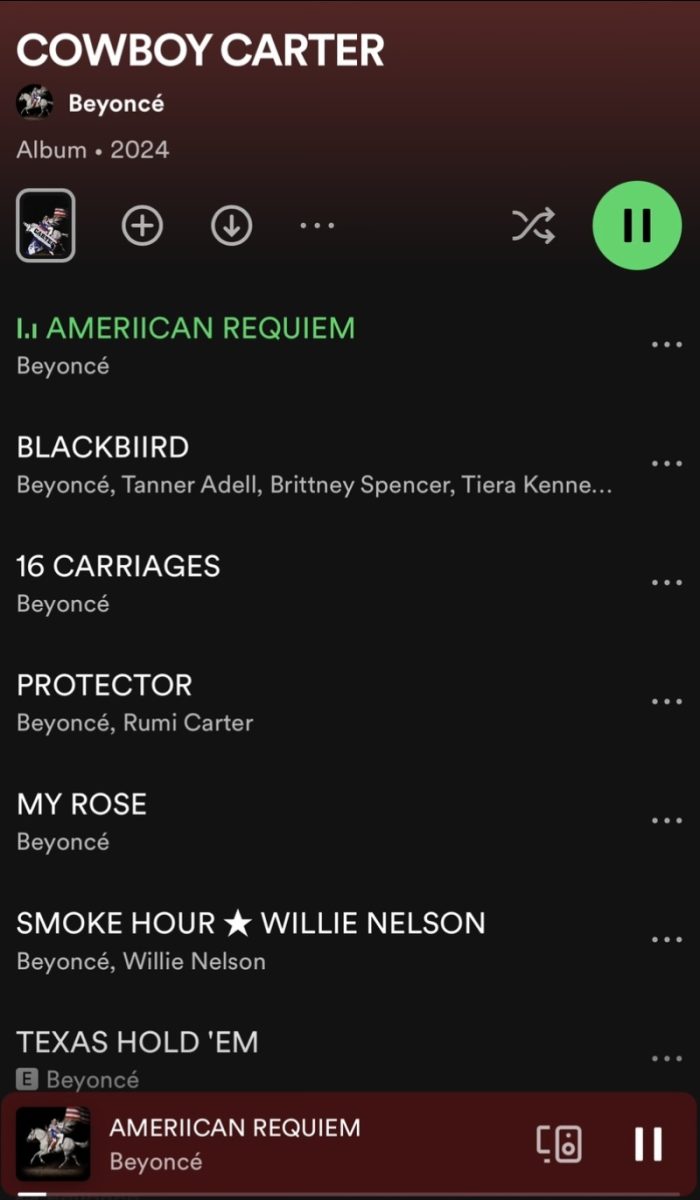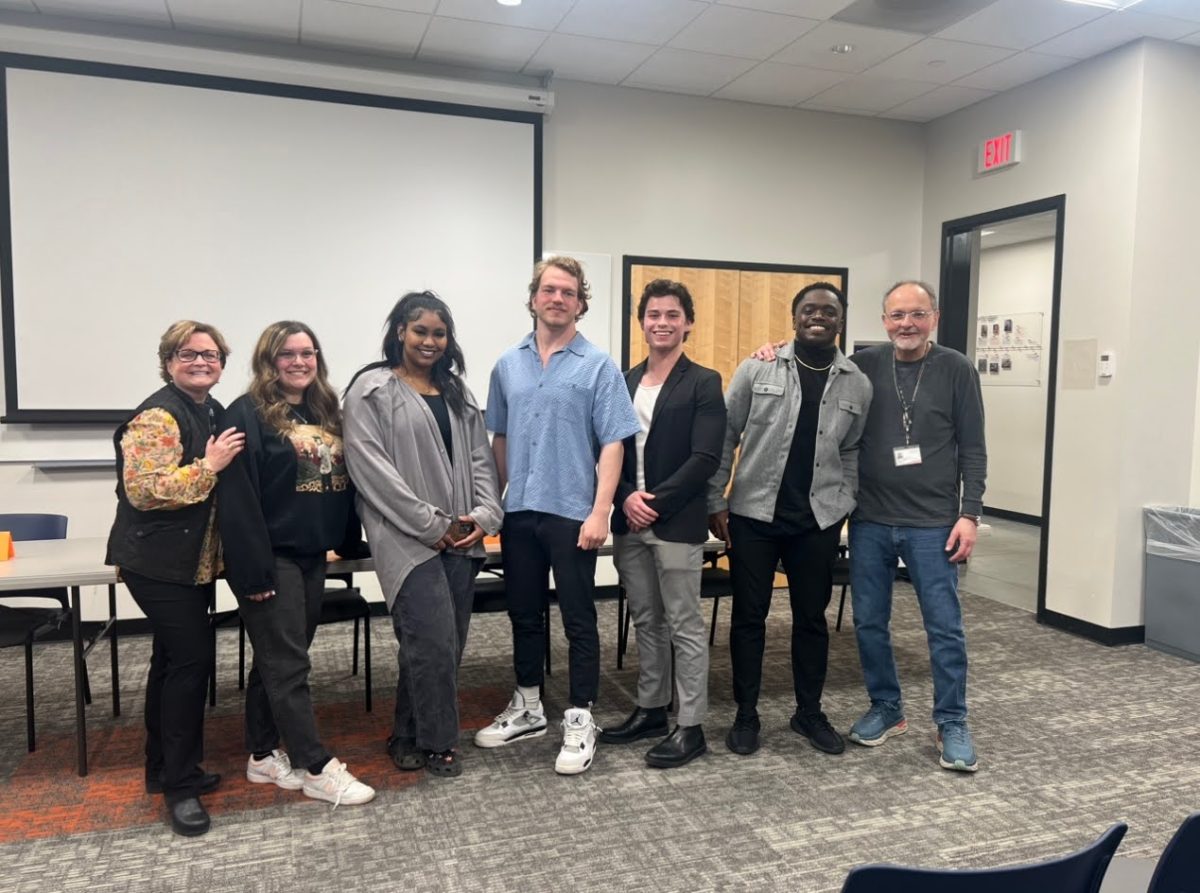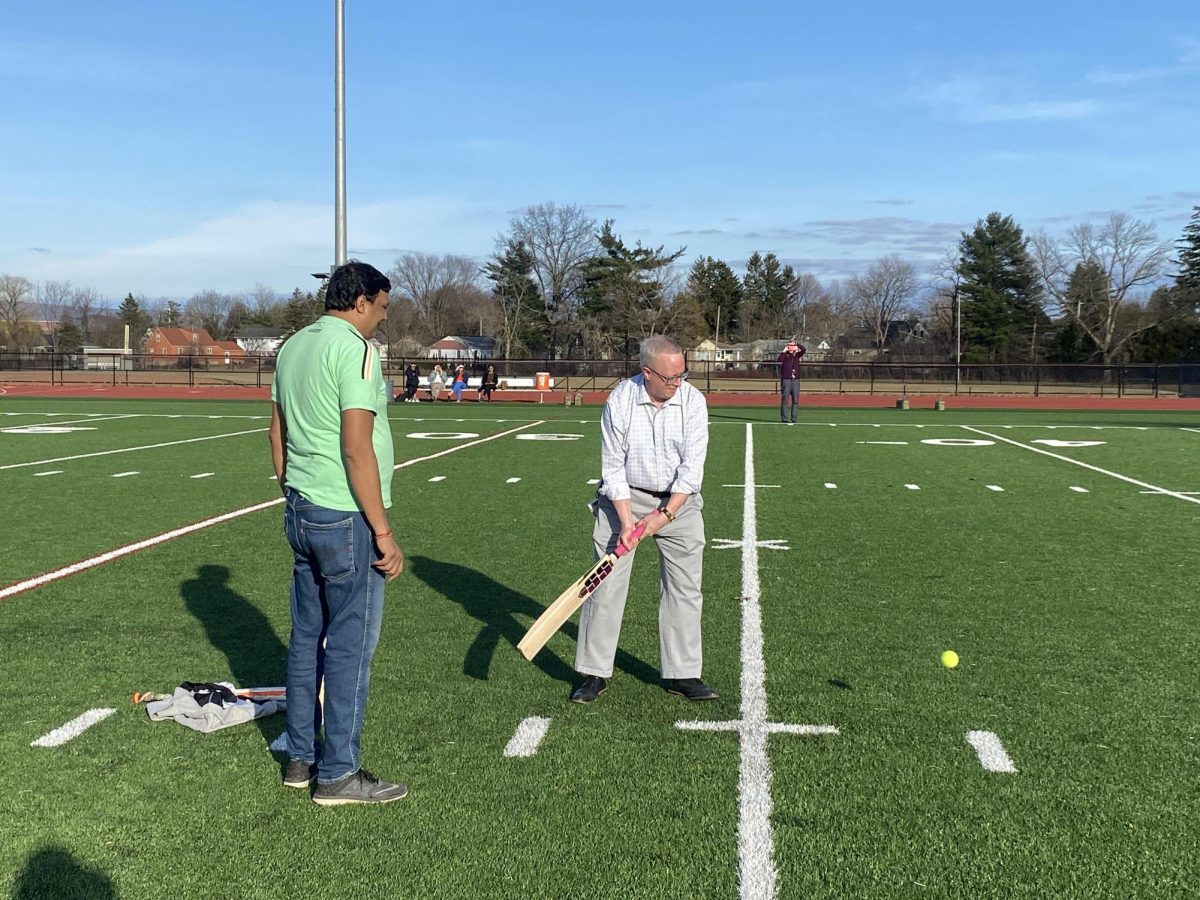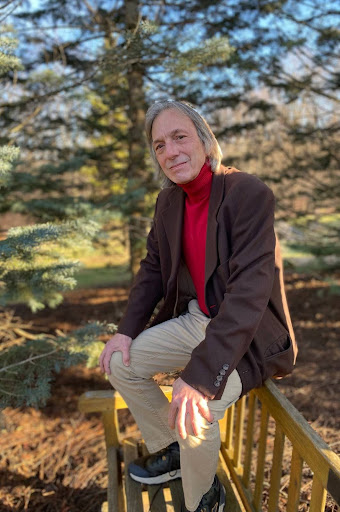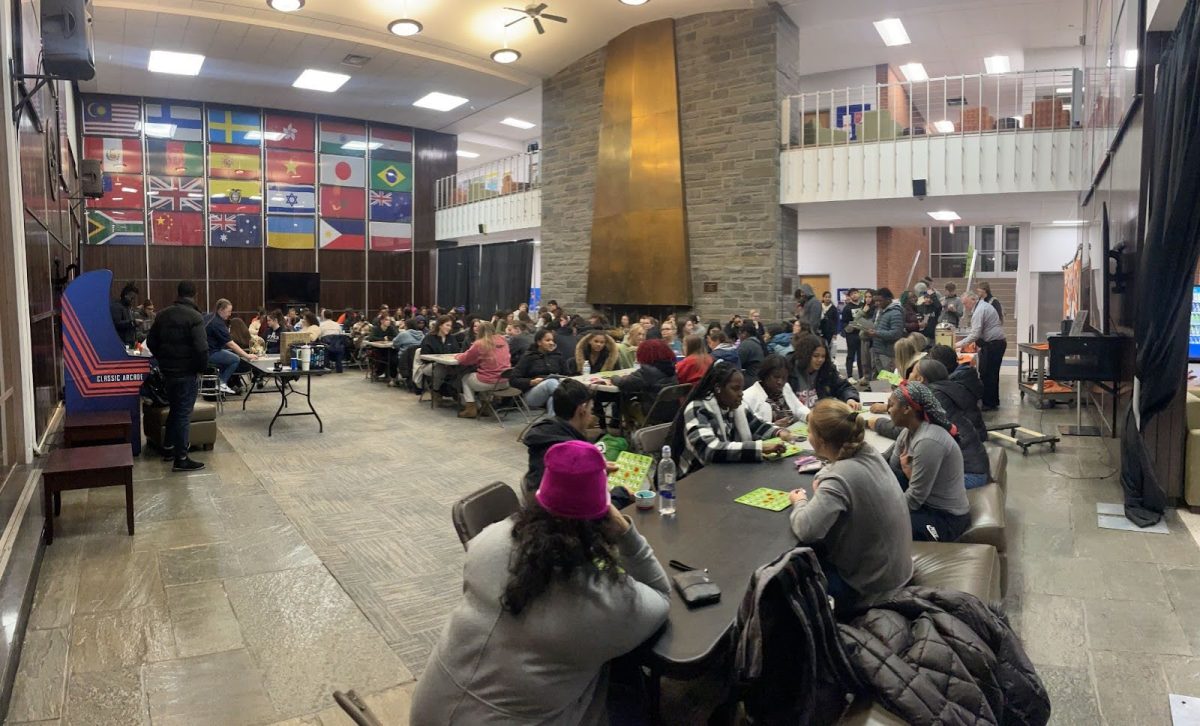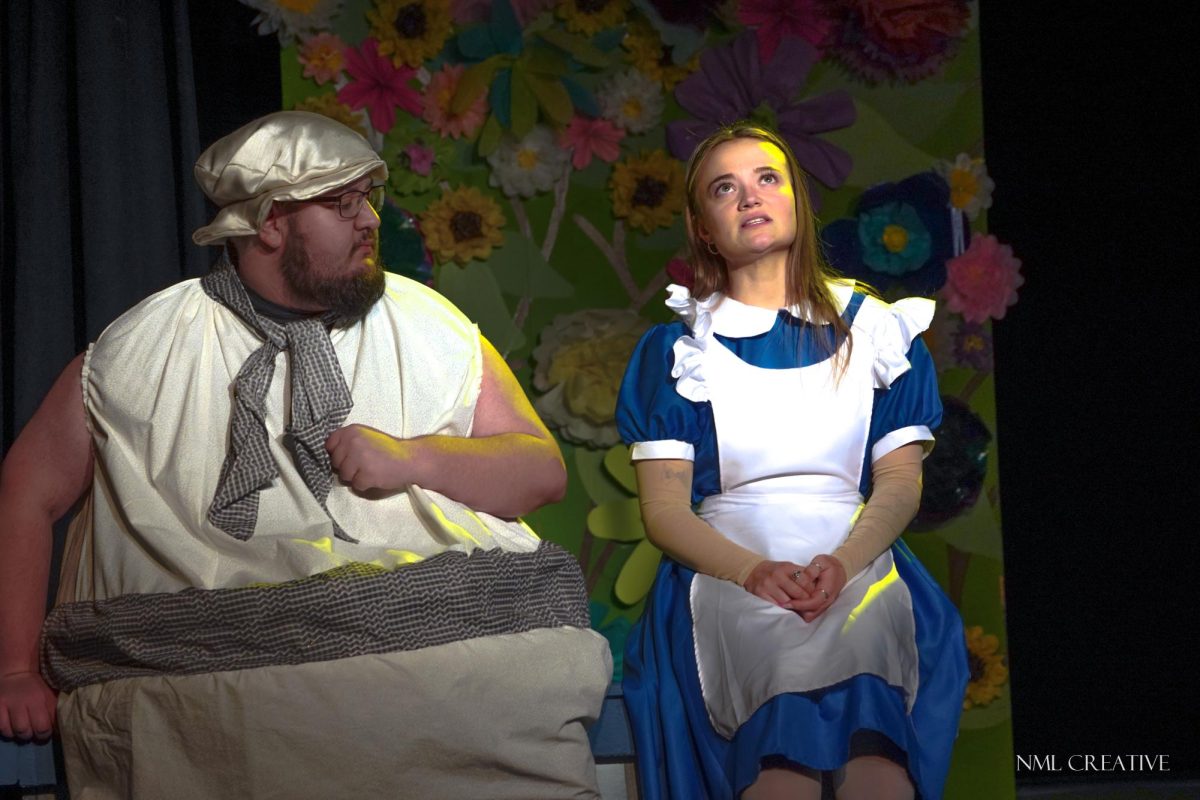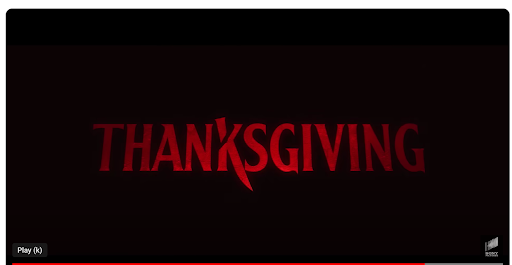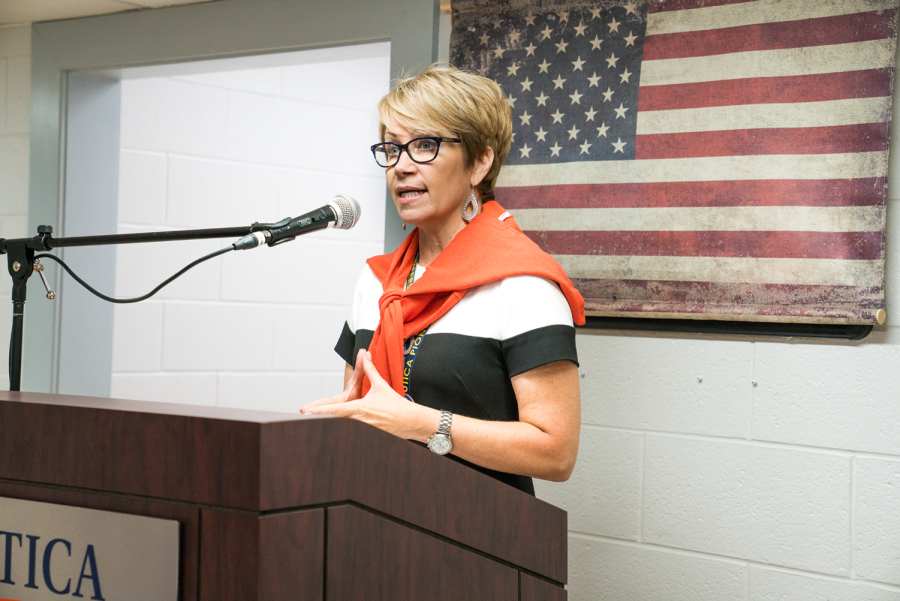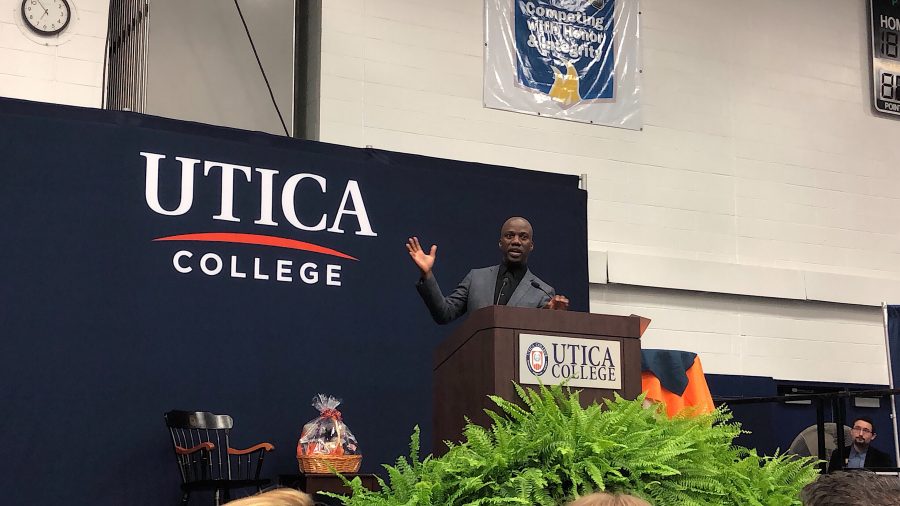Last week, Utica College hosted Shaun Harper, executive director of the University of Southern California’s Race and Equity Center. His visit was brief but it allowed him to bring the campus together in a community conversation and a Town Hall held on Thursday, Sept. 12.
Last semester, UC took part in a national survey by the Race and Equity Center which was designed to assess race relations on campus. This time, Harper, who is a published scholar and racial equality expert, was invited to provide opportunities to talk with members of the college about issues of race, ethnicity and equity.
Harper also has 16 years of teaching experience. In fact, President Laura Casamento was Harper’s student by the time she was pursuing her Doctorate degree at the University of Pennsylvania. Casamento said she felt that Harper was “uniquely qualified to lead a discussion and sometimes a difficult conversation in a way that I don’t think anyone in any part of the administration could do.”
“I really want to make a difference here [at UC] and the way to make a difference is to try to move beyond to solutions,” Casamento said. “It is a very complex issue […] and we need help getting there.”
Considering incidents from previous years and the most recent happening in May of the last spring semester, Harper said he is “rooting for UC” and to bring about change on campus.
“I was so inspired by the honesty of the audience [at the Town Hall],” Harper said. “Conversations of race are seemingly and politically risky because, when done wrong, they could be explosive but they don’t have to go off the rails.”
The two events led by Harper received student, faculty and staff attendance. Both conversations also relied on the audience’s honest participation. The Town Hall even included an online climate assessment poll in which the attendees could participate by submitting their responses to Harper’s questions and see the results in real time.
Those questions ranged from evaluating how often and how well faculty discuss race in class, how well is race represented in class curriculums and whether UC students are racially-segregated. The answers varied although the final question revealed that 75 percent of students participating in the poll at that time believed that “anything meaningful” would happen after Harper’s Town Hall.
Gianna Boone has been a UC student for four and a half years and said she is part of that 75 percent of students who doubt that change will take place at UC.
“It seems as though similar issues continue to happen each year,” Boone said. “It does not mean I don’t think change is possible. If I had no hope at all, I would’ve stopped attending the town hall meetings and talks about diversity.”
However, Boone said the Town Hall was “exactly the type of meeting we needed to have.”
“I am very glad we had this conversation at the beginning of the semester so that the school and student community know exactly what we have to begin working on,” Boone said. “I do feel as though students, including myself, had the chance to speak and respond to each other in a safe environment.”
Boone also said seeing the number of first-year students who expressed disappointment and discomfort while attending UC was “very heartbreaking.”
Casamento referenced some of the statements made by students at the Town Hall as “difficult things to hear,” and added that it is “the reality.”
“The next thing I am thinking about is what are going to do about it,” she said. “We do have some concrete steps but with Harper’s help, I want to find a way to engage the students to be involved in the plan.”
As a response to the claims made during the Town Hall, Casamento recently announced the creation of a new student cabinet which will advise the administration day after day on how to improve race relations on campus and to bring solutions.
Casamento said all students are welcomed to join the effort and emphasized the idea of being in constant communication with the cabinet, “not just when an incident happens on campus.”
The first student advisory committee met on Wednesday, Sept. 18 for the first time to lay out a plan that is set to implement Harper’s teachings in order to create real change on campus.
Expecting the administration to change the campus environment themselves was not an option either, according to Boone, who added that as students, “we have a job to do as well.”
Boone also stated that the UC administration is doing a good job making sure conversations about race and equity are happening on campus, “but we need to know that they are listening.”
“When more than half of the student body doesn’t feel safe in their environment, it becomes a major concern,” Boone said. “We are here to go to school but it becomes difficult maintaining mental health and grades if we don’t feel comfortable or safe.”
In order to accomplish those goals, Boone expressed her desire to see the dialogue continue and to know what faculty took away from the conversation “to make sure they actually understood and to know what needs to be implemented to fix it.”
Some of the issues that Harper mentioned during the Town Hall were the need to create educational experiences for students both inside and outside the classroom. Some of those changes include an adjustment of the academic curriculum which includes more diverse perspectives, an introduction of race and inclusion-focused discussions in class, as well as a need to recruit more faculty and staff members that truly represent the ethnic reality of the student body.
Professor Daniel Cruz, whose area of expertise is multiethnic American literature, said he does include diversity discussions in all of his classes, not only in his literature classes.
“I try to talk about issues of diversity on a regular basis not only in the texts that we are studying, but also how those texts relate to life today in America,” Cruz said.
After Harper’s visit, Cruz said he felt encouraged that the administration was going to take the concerns expressed seriously and start taking concrete action.
One of Cruz’s takeaways from the Town Hall was that “it became clear that we have a lot of work we need to do but also that there is hope.”
“I trust Harper and I feel like he is credible when he says that there is hope for change here at UC,” Cruz said. “And it’s up to us to make sure that happens.”



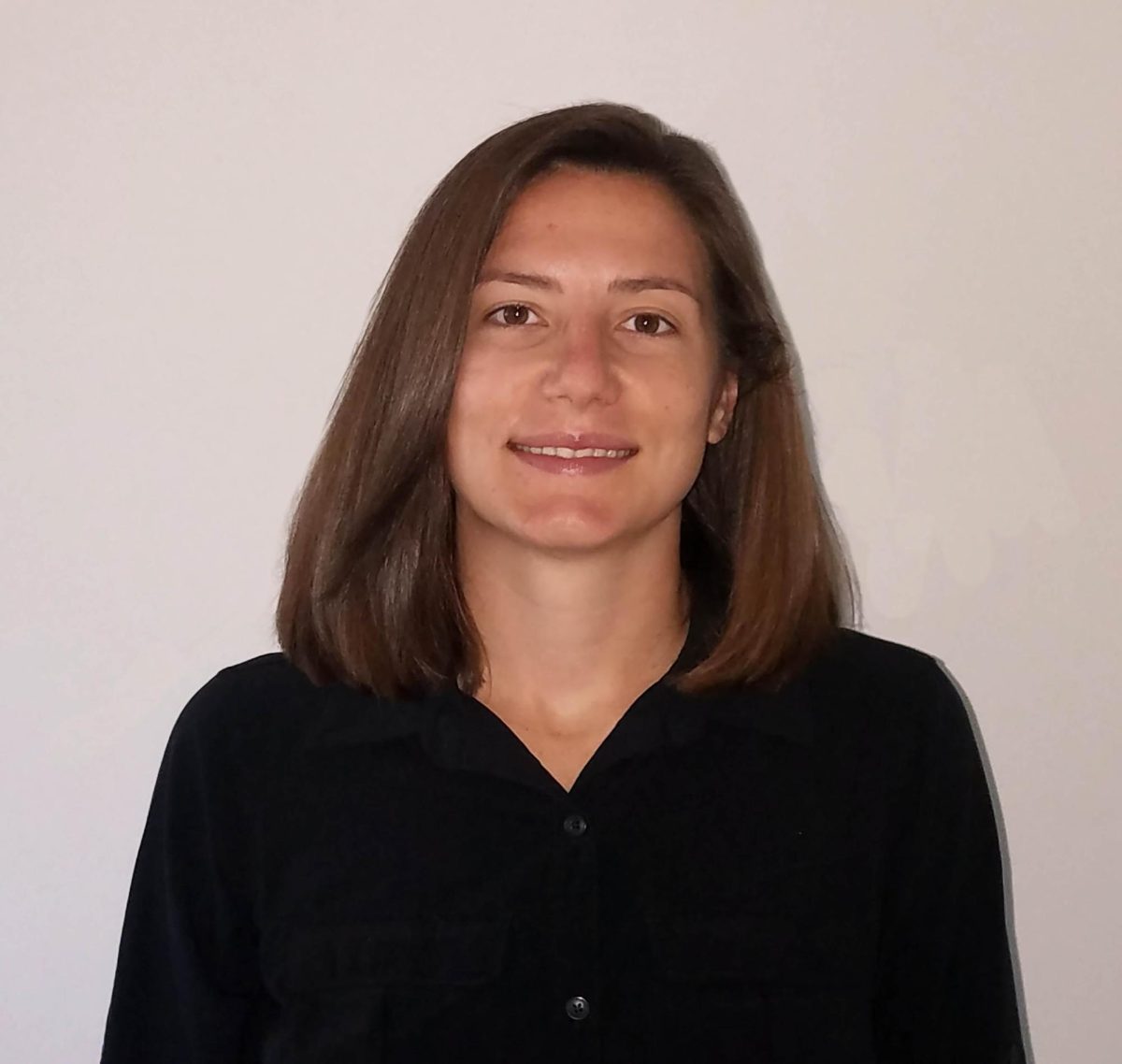



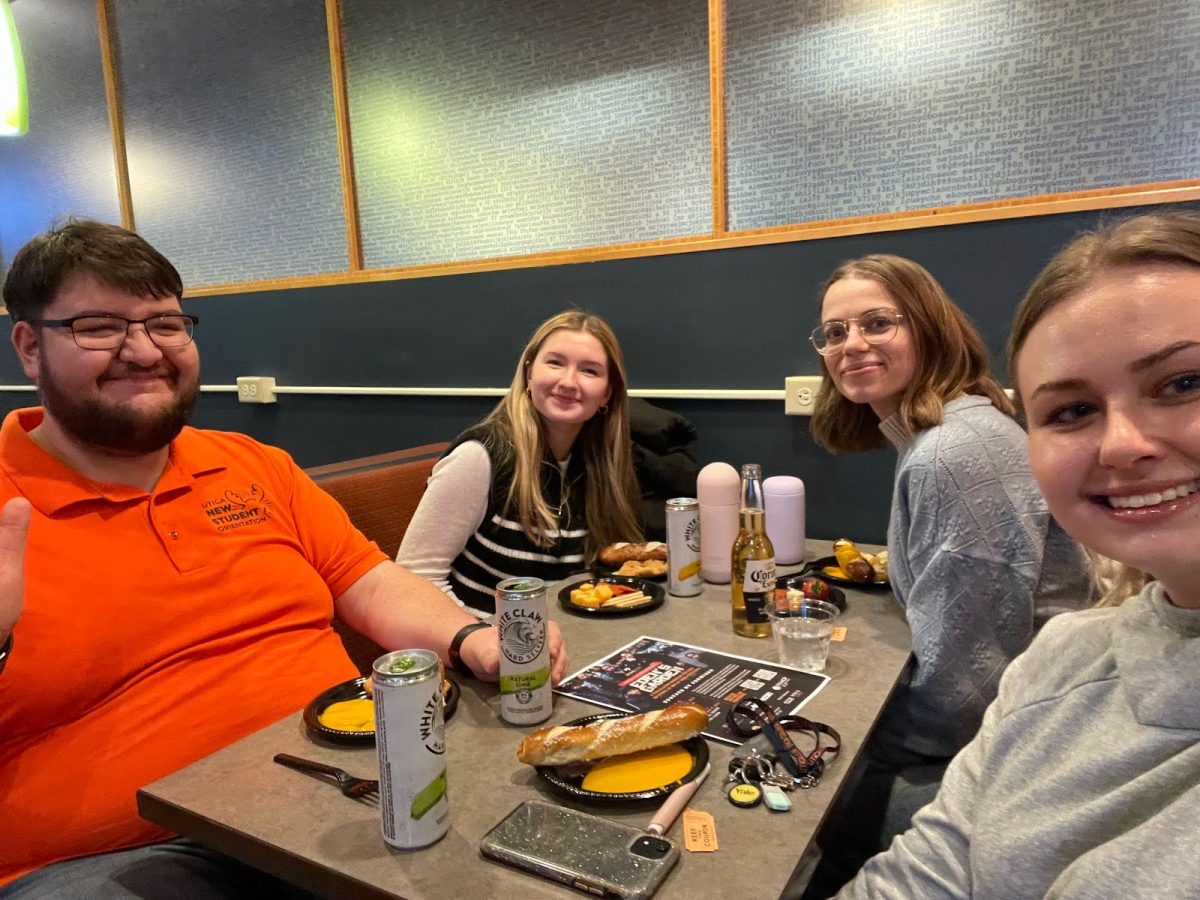










![President Todd Pfannestiel poses with Jeremy Thurston chairperson Board of Trustees [left] and former chairperson Robert Brvenik [right] after accepting the universitys institutional charter.](https://uticatangerine.com/wp-content/uploads/2023/10/unnamed.jpeg)





